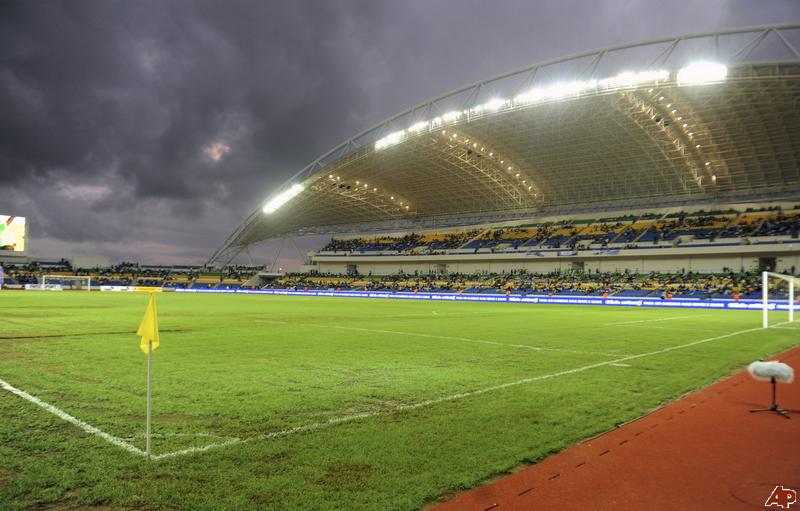I settled into my seat at Fresh View Cinemas, Levy Park, in Lusaka, for the premiere of “e18hteam”—the first feature film about the history of football in Zambia—with more than a passing interest in the subject.
With generous funding from the FIFA João Havelange Research Scholarship, I have spent the past several years researching and writing the first academic history of football in Zambia as part of my doctoral studies at Michigan State University.
The cinema audience in Lusaka included football administrators, fans, members of the media, and VIPs like Shallot Scott, the wife of Zambia’s Vice President Guy Scott, and Roald Poulsen, the Danish coach who helped rebuild Zambia’s national team after the 1993 Gabon air crash that killed 18 supremely talented players.
The film is a partnership between Zambian producer Ngosa Chungu and Spanish writer, director and producer Juan Rodriguez-Briso. “e18hteam” focuses on Chipolopolo (Copper-bullets), Zambia’s national team. The narrative begins with Zambia’s famous 4-0 destruction of Italy in the 1988 Olympic tournament in South Korea. Then it turns to the tragedy that defined a generation: the 1993 Gabon air crash. The film goes on to explore the rebuilding of a new team, which (almost miraculously) reached the 1994 AFCON final against Nigeria. The narrative arc closes on an uplifting note as it documents the golden generation that won Zambia its first continental crown in 2012 in Libreville, just a few miles from the site of the crash nineteen years earlier.
Tag: Gabon

Guest Post by Andrew Guest (drewguest AT hotmail DOT com)
It’s that time again; the biennial opportunity for Africa’s best national teams to compete for the continental championship, and European club management to complain about the audacity of former colonies holding a tournament smack in the middle of the league season — extracting labor in a reverse flow that might promote some useful self-reflection, if not for the blinders fused on most of the professional football world.
It always good fun to watch the machinations, even from a distance — the actual football starts January 21 in Bata, Equatorial Guinea, and ends with the final on February 12 in Libreville, the capital of co-host Gabon. As in 2010 in Angola, most of us will be watching from a distance: the oil-rich states that CAF has recently favored in its hosting decisions are note easy places to get to.